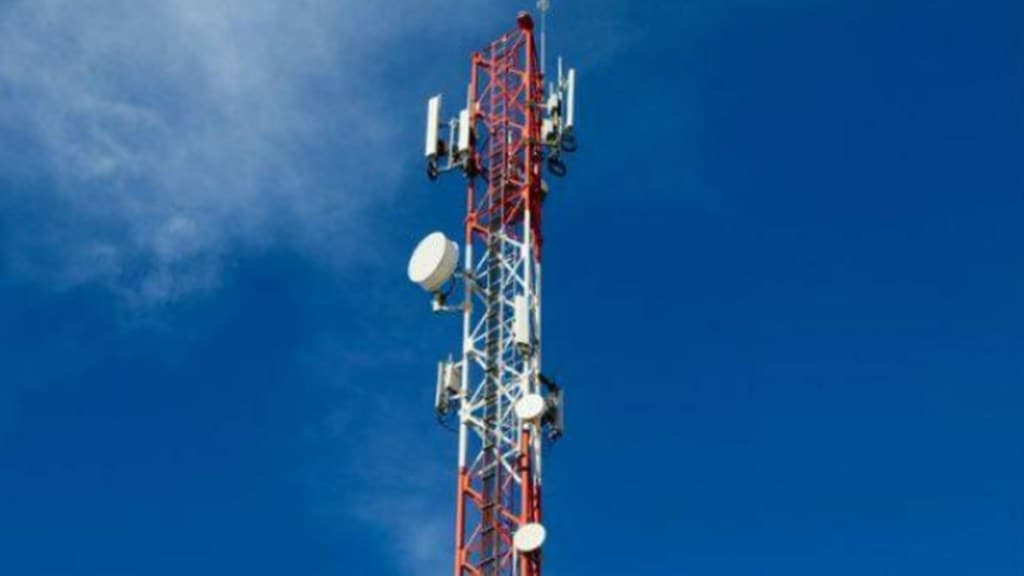State-owned Bharat Sanchar Nigam (BSNL), in its annual report for FY23, has said that the operational environment continues to be challenging for the company.
Commentary from the company’s management assumes significance as BSNL has been grappling with weak financial performance on the back of subscriber churn in the absence of 4G services as well as increasing competition with private telecom operators.
The company last reported net profit in FY09 and has reported a net loss of nearly Rs 1.1 trillion in the last 14 years since . In FY23, BSNL’s net loss widened to Rs 8,162 crore from Rs 6,982 crore in FY22. This, despite a 14% revenue growth to Rs 19,130 crore in FY23.
The government expects the company to turn net profitable by 2026-27.
“The operational environment continues to be challenging. Fast technology obsolescence and rapid introduction of new technology platforms by competitors makes the sector vulnerable to high capital cost exposure dynamic changes in competition level,” the company said.
For BSNL, competition from private telcos in offering quality services at matching tariffs in broadband and FTTH (fiber-to-the-home) is crucial to maintain its subscriber base.
In the cellular services, which contributes about 37% to BSNL’s revenue, the company has been losing subscribers for a while now. In the last 19 months ended July, BSNL lost nearly 16.2 million subscribers, taking its subscriber base to 98 million. In the FTTH business, too, the company has been seeing subscriber churn for sometime now.
“Despite the present challenges for telecom sector your company has reported increase in revenues in mobile, FTTH & enterprise business and maintained infra sharing revenue and revenues in landline,” said PK Purwar, chairman and MD of BSNL.
The government has in total spent over Rs 3.2 trillion in the last four years to revive the loss-making telecom operator. In June, BSNL got a fresh budgetary support of Rs 89,000 crore in the form of spectrum allotment to provide 4G and 5G services pan-India.
The company has given order worth Rs 19,000 crore to TCS-consortium and ITI for deploying 100,000 4G tower sites. “The company has already placed the purchase order for deployment of the 4G equipment. Beta launch of Swadeshi 4G by BSNL has been done,” Purwar added.
On its business outlook, the company’s management said BSNL will continue to focus on accelerated execution of government projects, prioritising investments in profitable areas, driving ARPU (average revenue per user) up with simplification of tariff and focus on partnerships to drive value and strengthening the balance sheet.
In 2019, the government allotted a Rs 69,000-crore revival package for BSNL for 4G spectrum, sovereign guarantee, and implementation of voluntary retirement scheme (VRS) to reduce employee cost. In 2022, the government approved a second revival package for BSNL/MTNL amounting to Rs 1.64 trillion for financial support for capex, viability gap funding for rural landlines, financial support for de-stressing the balance sheet, and settlement of AGR dues, merger of BBNL with BSNL, etc.
“BSNL will become net debt free in the next three years and 100% of the debt payment will be done through internal accruals. No further support will be given to the company from the government in terms of equity infusion,” Communications minister Ashwini Vaishnaw had said in June.
In FY23, BSNL’s total debt fell to Rs 22,289 crore from Rs 32,944 crore in FY22.
